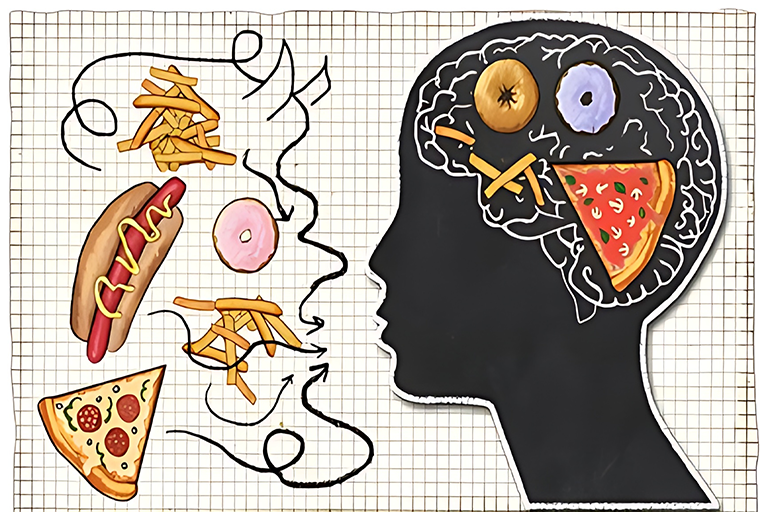Mood swings between mania and depression are characteristic of bipolar disorder, thus the condition’s former name, manic depression. It could also be categorized as a brain condition with biological roots that causes extreme swings in a person’s energy, mood, thinking, and behaviour.
The depressive phase of bipolar disorder
Young persons with this illness experience frequent anxiety and little frustration (CABF 2007). In this context, depression refers to a state of extreme low mood, whereas mania would relate to a state of extreme high mood (NHS 2009). Sometimes, both mania and depression symptoms might happen at the same time (CABF 2007). These bouts could continue for a few weeks or even longer. “The sickness frequently experiences dramatic highs and lows that interfere with daily life” (NHS 2009).
The depressive phase of bipolar disorder frequently occurs first. Before experiencing a manic episode, clinical depression may be identified. The diagnosis may alter after a while, when the manic episodes typically occur. These depressive episodes can cause overpowering feelings of worthlessness, which frequently result in suicidal thoughts. You might feel incredibly creative during the manic phase and think of mania as a good thing. You can also be experiencing psychotic symptoms at this time. You might have great happiness during this time and be filled with many goals, plans, and ideas. Aside from these two, bipolar disorder is also frequently characterized by sleep and appetite problems (NHS 2009).
Bipolar disorder causes
Bipolar disorder patients have periods of relative calm punctuated by episodes of severe depression and mania (Macnair 2008).
Although the exact causes of bipolar disorder are unknown, it is frequently genetic. Systems can be significantly influenced by a combination of genetic and environmental factors, such as stress or personal tragedy. Bipolar disorder’s first manic or depressed episodes typically begin in adolescence or early adulthood (Macnair 2008). Before the age of 25, at least half of all cases begin (Kessler et al., 2005). The disorder’s symptoms might be rather modest, which makes it possible that they will go unnoticed or be misdiagnosed. On the other hand, with the right care and support, a fulfilling life can be lived, preventing needless suffering (Macnair 2008).
There is a potential that someone with extreme mania will develop psychosis and delusions. There may be delusional thoughts about being persecuted, hallucinations, and a discrepancy between perception and reality. Manic individuals sometimes lose their ability to communicate and neglect their own needs.
Different patterns, frequencies, and orders might be seen in the symptoms. Some people have mixed symptoms; it’s possible to have many mania symptoms while simultaneously experiencing extremely depressive thoughts. This is different from some cases, where signs of mania are followed by symptoms of depression in a predictable sequence (Bhugra and Flick, 2005).
Is Bipolar disorder 100% curable?
Bipolar disease has no known cure, although many patients discover that by knowing their condition and the things that set off episodes, they may lead relatively normal lives (Macnair 2008). Patients should keep an eye on their feelings and thoughts and ask a reliable friend or relative for support in coping with the disorder.
However, some people occasionally have significant mood swings that cannot be controlled by monitoring alone. Antidepressants, antipsychotic drugs, and lithium, a medicine that seems to stabilise mood swings, may be necessary. Lithium levels in the blood can be toxic at high levels while being inert at low levels. Therefore, it’s crucial to routinely see the mental health team and get your blood pressure monitored (Smith et al., 2009).
Seek expert assistance: Consulting a mental health professional may be beneficial for accurate information and direction.
Learn more: Mental Health Awareness
& Mobile Phone Addiction & Teenagers
Shruti Dua, Mental Health Blogger, YOUR Confidant





